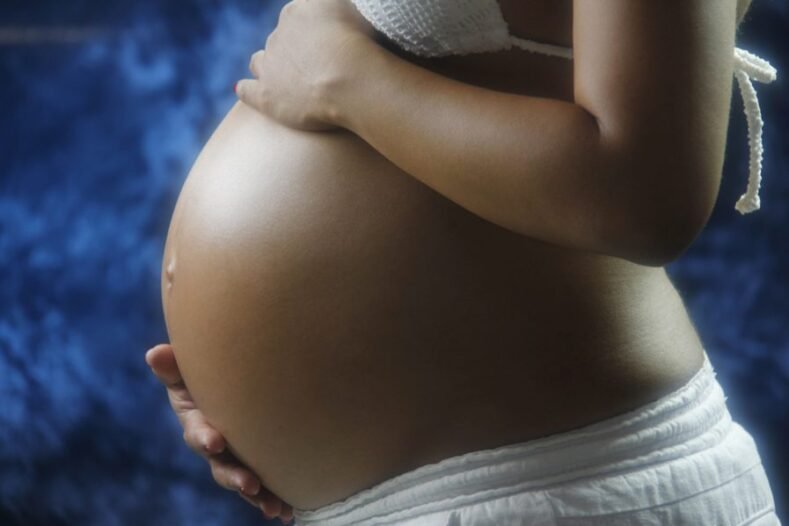A Japanese city discovered the hard way how incorrect they were, sparking a nationwide uproar over fliers that attempted to achieve precisely that with pregnant women.
According to the municipal government’s website, Onomichi city in Japan’s Hiroshima prefecture conducted a public poll in 2017 that was used to design posters for pregnant women that were then distributed to local people.
“There are differences in the way men and women feel and think,” according to one flier. “One reason for this is the structural difference between men’s and women’s brains. “Men are known to act on ideas, whereas women act on feelings.”
“The important thing is to understand each other’s differences and divide roles well,” it said, before adding that husbands and new dads appreciate being acknowledged for doing simple things like cleaning dishes, changing diapers, and cuddling their child.
Wives may anger their husbands if they are “too busy caring for the baby and not doing chores,” according to the brochure, which cautions women not to “get frustrated for no reason.”
It found that new moms may delight their spouses by giving them massages, making their lunch every day, handling childcare and cleaning, welcoming them with a “welcome home,” and always having “a smile on her face.”
Local media stories this week attracted attention to the leaflets, prompting outrage and bewilderment on social media.
“It’s bad enough that local authorities are transmitting the idea that childcare is the mother’s job and that a third-party father’s assistance will help the mother,” one Twitter user, newly renamed X, remarked. “I’d like local governments to raise awareness that fathers are also key players in childcare.”
“Stress is the enemy during pregnancy, so why are they targeting only women?” Another commenter pointed out that delivery is hard on women’s bodies. “A letter from a seasoned mother to a new father would probably be a hundred million times more beneficial.”
On Tuesday, the city’s mayor, Yukihiro Hiratani, apologised on the municipal government website, stating the fliers “were not in line with the sentiments of pregnant women, childbearing mothers, and others involved in child rearing and caused unpleasant feelings for many people.”
He went on to say that the posters were no longer being distributed because they “contain expressions that promote attitudes and practices that stereotype gender roles.”
Some internet users have pointed out that, as shockingly sexist as the posters are, they mirror the reality of Japan’s archaic gender standards and the uneven burden put on women, which has been highlighted as one cause for the country’s steadily declining birth rate.
The advertisements, as well as the public survey upon which they were based, “mean that this is what men really think,” one person wrote on X. “Most men believe that childcare is someone else’s responsibility, that women are meant to handle the housekeeping, that they should not neglect looking after their spouses, that they should not upset their husbands… You should not get married.”
Japan is still primarily patriarchal and traditional, ranking 125th out of 146 nations in the World Economic Forum’s 2017 Global Gender Gap Index.
According to the research, gender equality in politics in Japan is “one of the lowest in the world,” with women holding only 10% of parliament seats. While the number of women in the workforce has grown in recent years, they account for just 12.9% of senior or management roles in the UK, compared to 41% in the US and 43% in Sweden, according to the survey.
Meanwhile, institutional challenges continue to make it difficult for many working men and women to balance work and family life, with mothers frequently sacrificing their employment to care for their children.
According to experts, even those who return to work may face reduced salaries or become trapped on the professional ladder. Authorities have attempted to encourage dads to play a more active role in childcare, but experts say many men are too afraid to seek paternity leave for fear of penalties from their work.
All of this has contributed to the country’s declining birth rate, with authorities failing to encourage young couples to have more children despite launching a slew of initiatives aimed at increasing childbirth over the years, such as expanding childcare services and some towns offering cash payments for births.
The situation is so dire that Prime Minister Fumio Kishida warned earlier this year that Japan is “on the verge of being unable to maintain social functions.” For the first time since records began in 1899, Japan registered fewer than 800,000 births in 2022.










